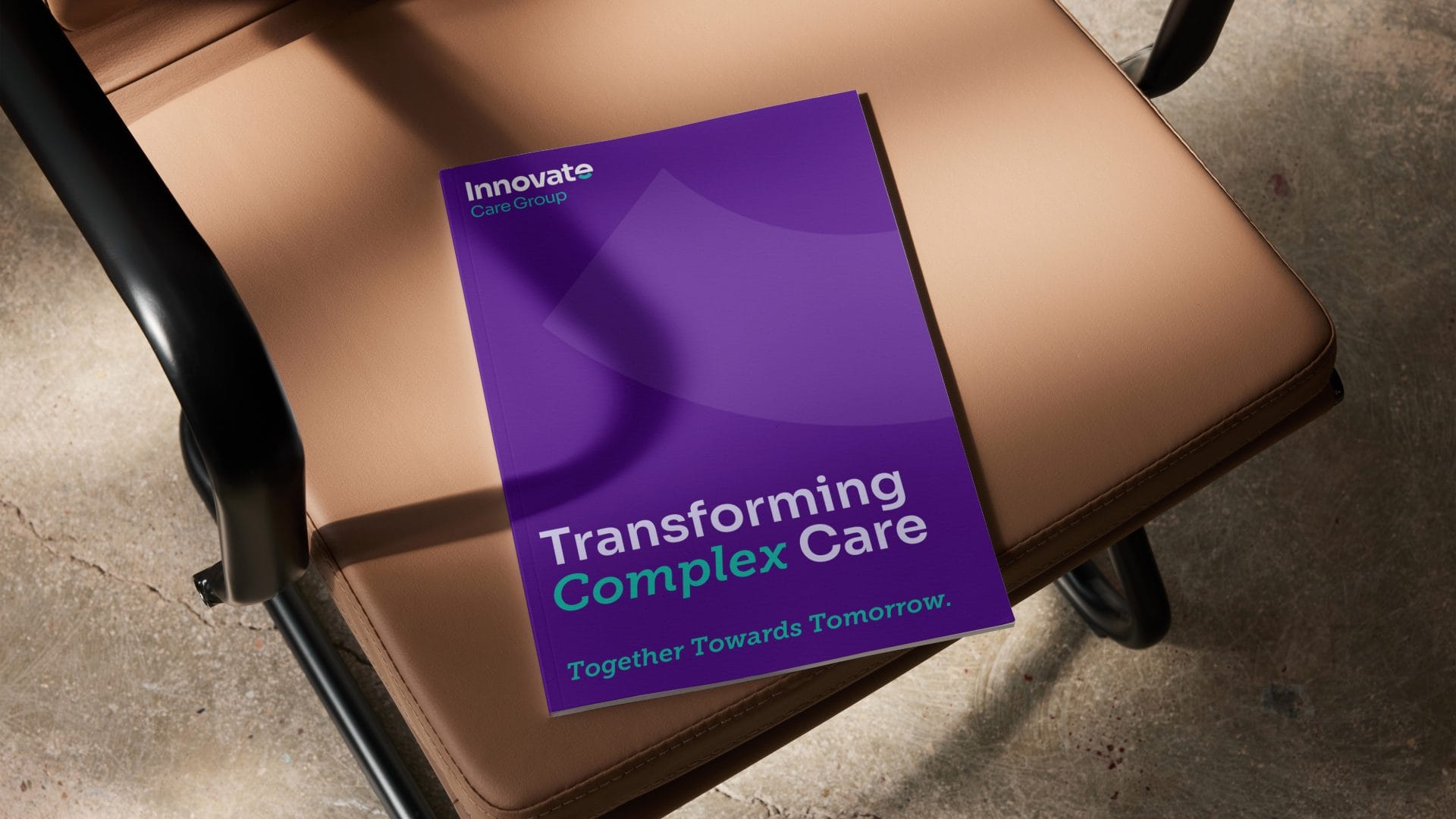By Innovate Complex Care Services
At Innovate Complex Care Services, we specialise in supporting individuals with complex health needs in their own homes. Many of our clients receive care funded by NHS Continuing Healthcare (CHC), a vital provision for those with substantial and ongoing health conditions. One area that can cause confusion for families and even professionals is the distinction between nurse-led, nurse-delivered, and nurse-delegated care — especially in community settings.
As a trusted complex care provider, we think it’s important to clarify these terms, so you know what to expect and how care responsibilities are safely managed.
What is NHS Continuing Healthcare?
NHS Continuing Healthcare (CHC) is a fully funded package of care arranged and paid for by the NHS. It’s available to adults who have significant ongoing healthcare needs arising from disability, accident, or illness. Many CHC packages, particularly for complex care needs, are delivered in people’s own homes — not in hospitals or care homes.
The complexity and nature of the care required means there is often a need for skilled nursing oversight or intervention. This is where the terms nurse-led, nurse-delivered, and nurse-delegated come in.
Nurse-Led Care: Clinical Oversight at the Core
In a nurse-led model, the overall responsibility for planning, coordinating, and overseeing a person’s care lies with a qualified nurse. This doesn’t necessarily mean the nurse is physically delivering every element of care, but they are accountable for ensuring the care is safe, appropriate, and tailored to the individual’s clinical needs.
At Innovate Complex Care, our nurse-led approach ensures that a dedicated clinical lead nurse is involved in assessing risk, writing or approving care plans, monitoring outcomes, and reviewing care regularly. They are also the key contact for any changes in clinical presentation, working closely with GPs, hospital teams, and the wider NHS.
Nurse-Delivered Care: Direct Hands-On Nursing
Nurse-delivered care refers to clinical interventions that are carried out directly by a registered nurse. These can include tasks such as administering intravenous medication, complex wound management, or managing tracheostomies and enteral feeding where there is high risk.
Some clients with more acute or unstable conditions may require daily or even round-the-clock care delivered by registered nurses. At Innovate, where nurse-delivered care is required, we provide trained and experienced nurses who understand the importance of continuity and confidence in the home environment.
Nurse-Delegated Care: Empowering Healthcare Assistants Safely
In a nurse-delegated model, certain clinical tasks are delegated by a registered nurse to a suitably trained and competent healthcare assistant (HCA). This only happens after a full risk assessment, task-specific training, and formal competency sign-off. Importantly, the nurse remains professionally accountable for ensuring the task is performed safely and to the expected clinical standard.
Examples of delegated tasks might include:
- Administering PEG feeds
- Tracheostomy suctioning
- Catheter care
- Oxygen therapy
- Administration of medication via enteral routes
At Innovate, we follow nationally recognised frameworks for delegation, and we understand that delegation is not a one-off event — it requires ongoing clinical supervision, regular reassessment of competence, and robust documentation. This is crucial to ensure that delegation remains appropriate over time and that staff feel supported in carrying out their roles confidently and safely.
In England, where these delegated clinical interventions fall under invasive procedures, providers must be registered with the Care Quality Commission (CQC) to legally carry out these services. This comes under a specific regulatory activity called Training, Direction and Delegation of Invasive Procedures (TDDI). As a CQC-registered provider for TDDI, Innovate Complex Care Services is authorised to deliver this model of care safely and in line with regulatory expectations.
🔗 CQC Guidance: Training, Direction and Delegation of Invasive Procedures (TDDI)
By being fully compliant with this framework, Innovate ensures that every delegated clinical task meets the highest standards of governance, safety, and accountability.
Why This Matters for Families and Commissioners
Understanding these distinctions helps everyone involved make informed decisions about care provision. For families, it provides reassurance that the right professionals are involved at the right levels. For NHS commissioners, it ensures compliance, safety, and efficient use of funding.
At Innovate Complex Care, we specialise in delivering safe, personalised complex care with a strong clinical foundation. Whether your loved one’s package is nurse-led, nurse-delivered, or includes delegated elements, our goal is always the same: to deliver high-quality, person-centred care that empowers people to live fully and safely at home.
Want to Learn More?
If you’re a commissioner, case manager, or family member seeking expert nurse-led care in the community, get in touch with our clinical team today:
🌐 Contact us
📞 Call us on 0800 002 9068



